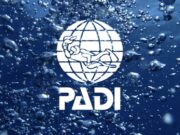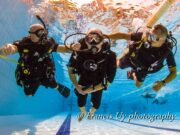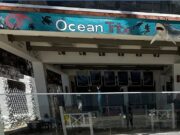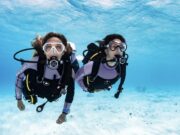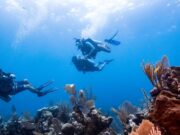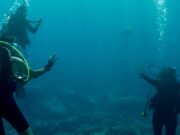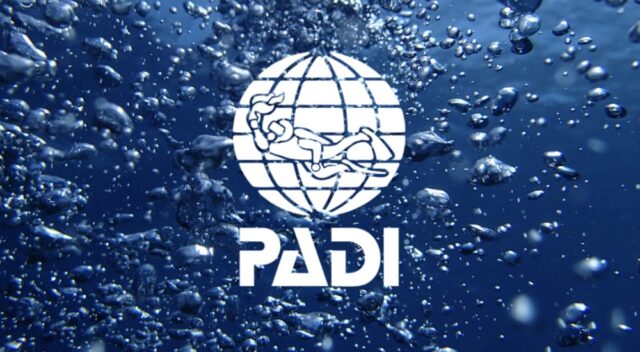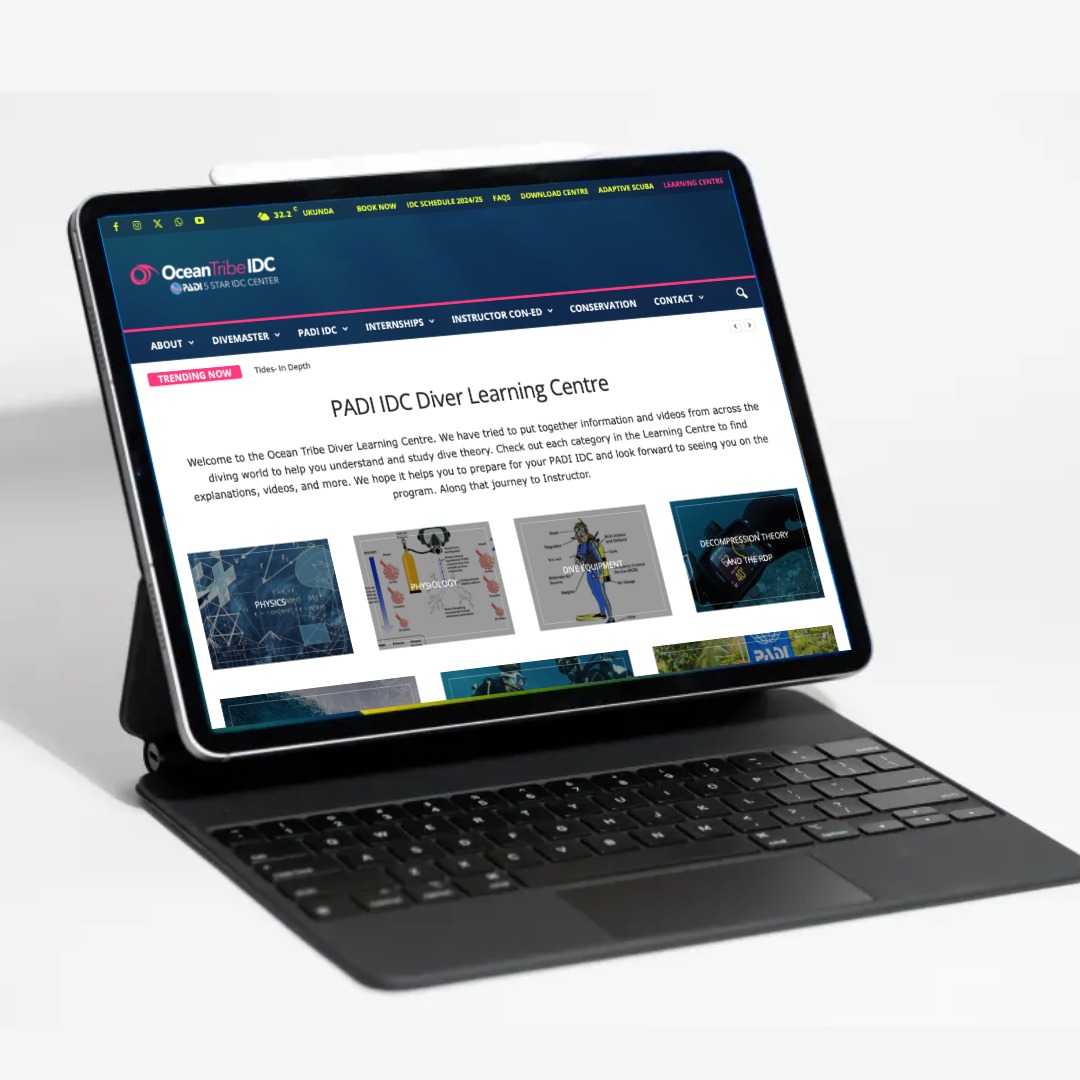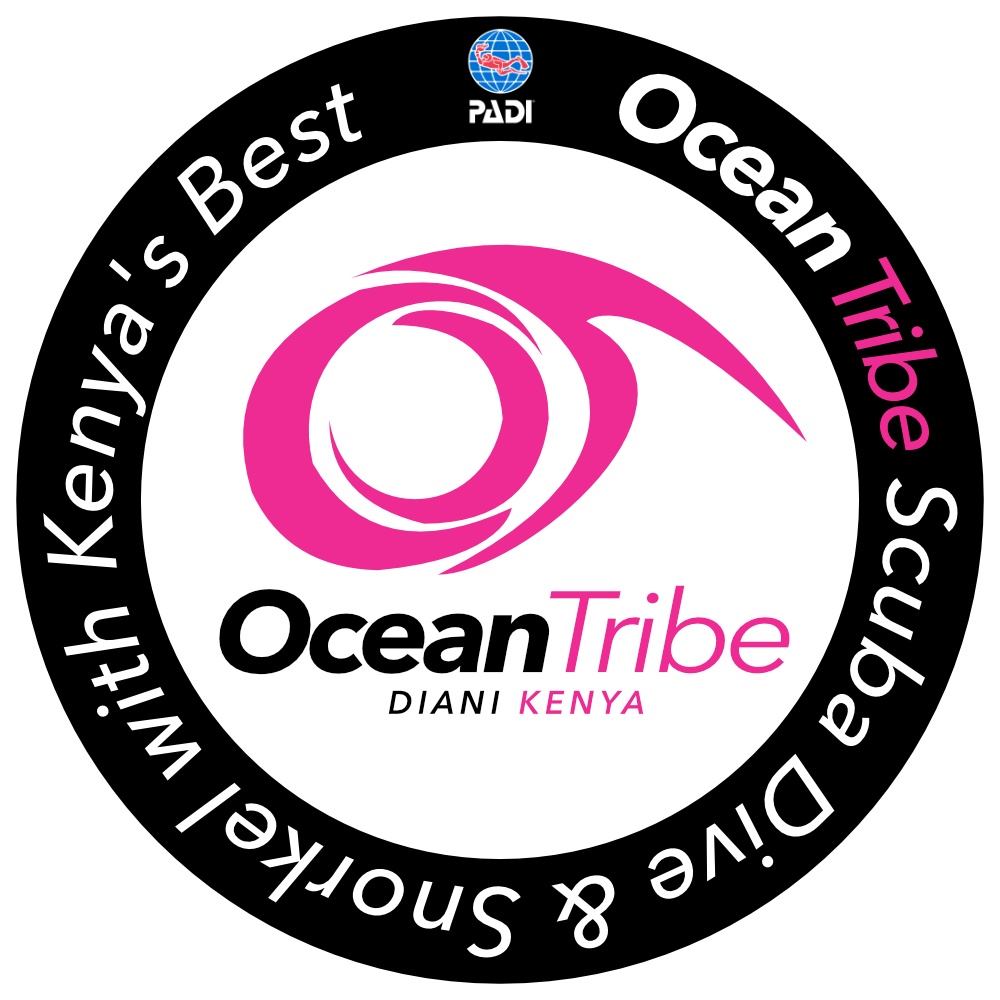Why Choose PADI to Become a Dive Professional With?
Why choose PADI? It is the question you see popping up more and more. There are now a lot of dive training organisations and some of you might be considering why choose PADI. Why not SSI, RAID, NAUI, SDI, CMAS, BSAC to name just a few?
This is to take nothing away from other agencies but as a dive pro looking to start out right, there are many reasons why choose PADI.
Global Brand Recognition
Quite simply when it comes to diving the PADI brand and logo are almost synonymous with it.
The phrase ‘Get my PADI’ is what people often refer to as learning to dive.
PADI Dive Centers, PADI Pros, PADI Courses, and PADI educational materials are the most sought-after in the diving industry. PADI really is “The Way the World Learns to Dive”.
Your students can always feel confident that their PADI diver certification card will be accepted anywhere in the world.
Performance Based Learning
The PADI system of diver education provides a basis for scuba diver training that is enjoyable, safety-orientated and worthwhile.
As a PADI Instructor you are required to follow a training system that is set to scuba diving’s highest standards. As such you will be backed up by a proactive quality management system.
The PADI diver training materials are second to none. They include a wide variety of state-of-the-art formats allowing students to learn in the way they best take on information.
All of your courses can be best personalised to each customer. Gone are the days of books and long classroom sessions. PADI digital materials allow you to assign elearning to your divers, to be completed at their convenience. On a plane, by the pool, in bed, anywhere.
PADI also takes care of the Instructor materials. There is a wide variety of instructional support materials available to help you plan and teach courses. These are being constantly updated and PADI members notified of changes via bulletins and forums.
During your PADI IDC and further professional development you will learn how to use the PADI system and materials effectively. You will also learn how to apply them to your teaching style. As such you can concentrate more on the teaching and diving and less on being stuck in the classroom.
PADI courses are flexible. Because the PADI courses are performance-based and student-centered, you don’t have to rush students to meet deadlines or course structures as the system allows you to adapt. So your students can feel reassured that they will receive the best course possible.
Strict Educational Standards
PADI programs all fall under strict educational standards and guidelines. Instructors are not permitted to deviate from standards, which allows for consistency and quality anywhere in the world. The customer can then be confident that choosing a PADI course, the instructor will be adhering to worldwide standards.
PADI divers are randomly surveyed for quality control to ensure dive professionals and centres are adhering to standards. This way PADI makes sure diver’s expectations of a PADI course are being met.
No other diver-training organisation works harder to maintain this level of professional reliability and integrity.
All PADI programs, from entry-level to professional training, fall under strict educational standards. This criterion is constantly monitored for worldwide consistency and quality.
PADI takes a proactive approach to quality management and randomly surveys PADI Divers no matter which course they have chosen to enrol in. The questions are there to confirm that the courses they participated in, have met PADI’s high standards, as well as the diver’s expectations.
By doing this, PADI has made sure that its members are abiding by the training standards that have been set for them. Instructors can take pride in their courses, while students will have the confidence in what they have learned. No other diver-training organisation works harder to maintain this level of professional reliability and integrity.
International Organisation for Standardisation (ISO) Standards Compliant
All PADI courses are certified as compliant with ISO standards for Recreational Diving Services. This is done by an independent auditor, the European Underwater Federation and the Austrian Standards Institute.
Being a part of such a global organisation truly showcases the intent of the PADI name, and all it stands for.
Customer Service & Business Support
As a PADI member, you have constant access to a support network from your local PADI representatives and area offices. No other training agency can compete with PADI’s large support network of regional managers, training consultants, and specialised business consultants.
PADI consultants are well-versed in the standards and requirements of dive professionals and centres. Most if not all ahve worked “in the field” in the diving industry, with many being former dive centre owners, instructors, and instructor trainers.
Risk management and Pro Liability Insurance
With scuba diving there is always an element of risk involved. In addition to PADI standards on diver training and supervison, PADI also has a full in-house risk management team. This team is there to assist PADI members in evaluating business practices, teaching techniques, and prudent decision-making.
As a PADI member, you can gain access to the best and most comprehensive dive professional insurance plans, providing specialised coverage for you as a PADI professional.
There is always the confidence you have in that the industry’s largest legal defence team is ready to back you up if you adhere to PADI standards. This allows you to go forward and conduct your diving activities with confidence.
Environmental Stewardship
PADI is activating millions of divers to explore and protect the ocean. As a PADI Member, you’ll carry the torch in your community and will be recognized for your leadership role in protecting our water planet.
Partnering with PADI AWARE, PADI Offices, members and PADI Divers donate time and resources in helping to protect the underwater world. Divers are educated on protecting our ocean’s resources and how to implement sustainable change.
